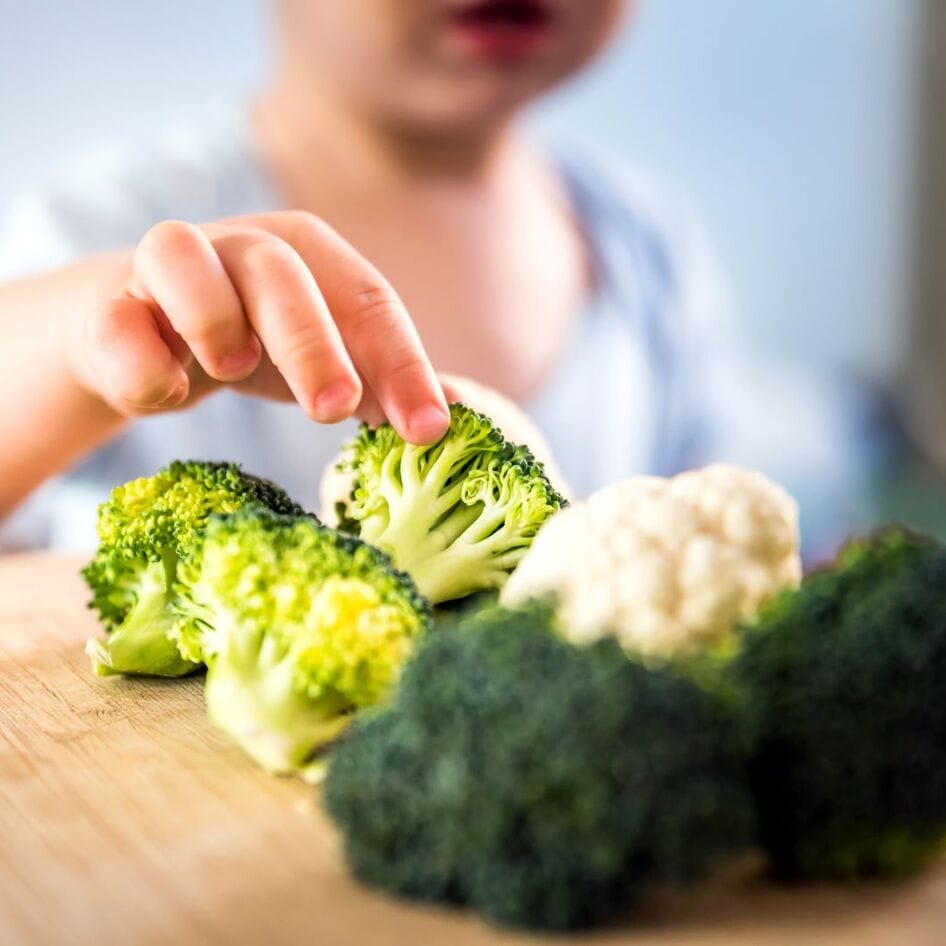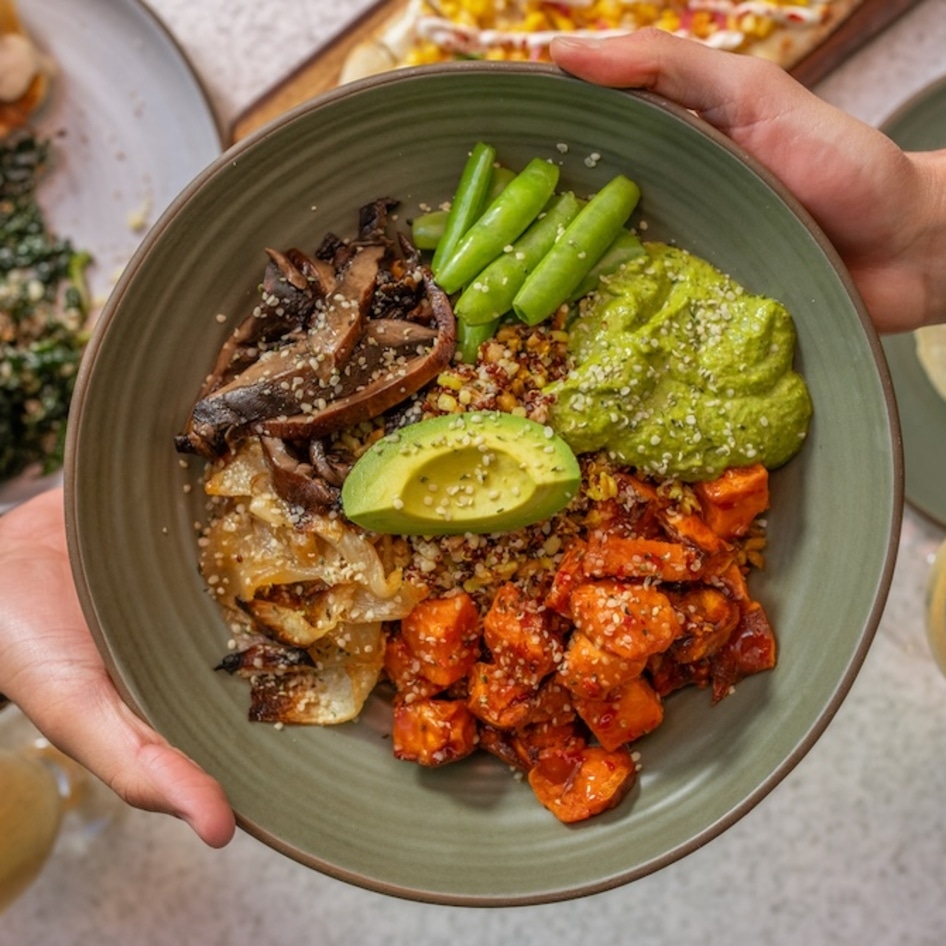The UK is introducing strict new rules around junk food advertising. From October 2025, TV commercials for food and drink items like potato chips, candy, soda, cakes, and ice cream will be restricted until after 9 pm, and online adverts for certain junk foods will be completely banned. According to the government, the aim is to protect children from developing unhealthy eating habits at a young age.
Foods will be rated using a government scoring system that analyzes nutritional value. If they are considered “less healthy” they will be included in the ban. If they fall into one of 13 other categories, including ready meals, pizza, soft drinks, cakes and cupcakes, morning goods, and breakfast cereal, they will also be included in the ban.
Why is the UK banning junk food advertising?
Health Minister Andrew Gwynne said in a recent statement to the UK Parliament that the new restrictions will help to fix the “broken NHS” by emphasizing disease prevention. He added that they will primarily aim to protect children from “being exposed to advertising of less healthy food and drinks, which evidence shows influences their dietary preferences from a young age.”
Indeed, research suggests that advertising can have a powerful impact on children. In 2022, for example, the World Health Organization commissioned a review into the effect that junk food advertising has on children. The study, which was conducted at the University of Liverpool and the University of Stirling, found that food marketing was associated with increased food intake and choice preference.
 Pexels
Pexels
“It reinforces the message that more effective restrictions around food advertising are needed to help restrict children’s exposure to unhealthy products and ensure the choices they do make are beneficial to their health,” said lead author Emma Boyland at the time.
Another study that examined the role of mascots in fast-food advertising in 2014 found that when children connect with certain characters in marketing, it influences their buying behaviors for years following. Mascots in fast-food advertising include McDonald’s Ronald McDonald, for example. But processed food brands often use mascots, too—just look at Nestlé’s Milky Bar Kid.
“Advertising to children might pay off for decades if you connect with them, and if they develop a strong emotional feeling for your characters,” Merrie Brucks, professor of marketing at the University of Arizona, said to the National Post. “What children learn when they’re really, really young stays with them—almost unquestioningly.”
‘A childhood obesity crisis’
According to Gwynne, the UK is dealing with a “childhood obesity crisis,” which is “generating yet greater pressure on the NHS.” He explained that right now, more than one in five children in England are overweight or living with obesity before they start primary school.
It’s important to note that the issue of obesity is nuanced. Research does suggest that, for many people, being overweight can increase the risk of diseases like heart disease, type 2 diabetes, and cancer. However, many experts maintain it’s not as simple as fat equals unhealthy.
Ruth Loos, a professor at the University of Copenhagen who specializes in metabolic research and obesity, told Science that it is possible to be obese and remain healthy. Alongside many other experts, he studies the role of fat distribution and genetics to understand the impact that fat has on health.
For example, research suggests that people who carry more subcutaneous fat, which is stored just under the skin, are likely healthier than those who carry more excess visceral fat, which is stored deep within the abdomen and surrounds internal organs.
“It’s very clear that there are a lot of people in that category called obese [who] don’t have any signs of disease and live long, healthy lives.” —researcher Lindo Bacon, PhD
The importance of moving from ‘sickness to prevention’
Weight aside, an abundance of research does confirm that the types of foods we eat do have an impact on our health. Many of the products that the UK government is banning from advertising fall into the category of ultra-processed foods (UPFs), which are more likely to be higher in saturated fat and contain fewer nutrients than whole foods.
Research also suggests that the amount of additives in UPFs might increase the risk of diseases, like cancer. In 2023, one study from the University of Bristol in the UK and the International Agency for Research on Cancer reported that people who eat more UPFs, like fizzy drinks, candy, nuggets, and potato chips had an elevated risk of head, neck, and esophageal cancers.
 Pexels
Pexels
BECOME A VEGNEWS VIP: Get exclusive product deals, freebies, and perks galore!
Another study in 2023 from the Imperial School of Public Health linked UPFs with a greater risk of developing cancer overall, including breast and ovarian cancer. “Our bodies may not react the same way to these ultra-processed ingredients and additives as they do to fresh and nutritious minimally processed foods,” said Kiara Chang, PhD, the study’s first author.
“However, ultra-processed foods are everywhere and highly marketed with cheap prices and attractive packaging to promote consumption. This shows our food environment needs urgent reform to protect the population from ultra-processed foods.”
Unlike UPFs, nutrient-dense whole foods, like fruits, vegetables, nuts, seeds, whole grains, and legumes, are associated with a reduced risk of diseases, including heart disease, type 2 diabetes, and cancer. But they’re not easy for everyone to obtain. Banning advertising of UPFs is one thing, but experts maintain that more needs to be done to improve access to healthy foods in the UK.
 Pexels
Pexels
According to The Food Foundation, healthy food is not affordable for many UK families. It notes that healthy food is, on average, “over twice as expensive per calorie as less healthy options.” It explains: “Not only is unhealthy food often the more affordable option, but for many families, it is the only affordable option.”
The food system-focused nonprofit recently visited the UK Parliament to introduce politicians to its own Nourishing the Nation manifesto. The manifesto urges the government to reduce the promotion of highly processed foods, but it also asks for policies that “strengthen nutritional safety nets” to “ensure more children can access fruits and vegetables as they grow up.” It also asks for a living wage that “allows people to afford a healthy and sustainable diet.”
For more plant-based stories like this, read:
JUMP TO ... Latest News | Recipes | Guides | Health | Subscribe









